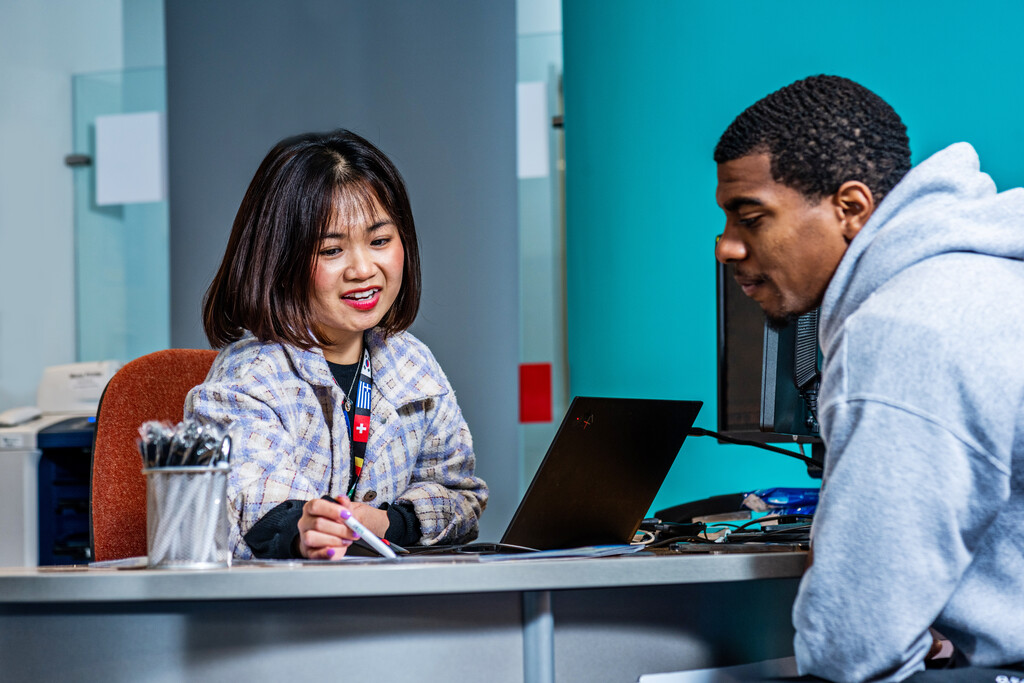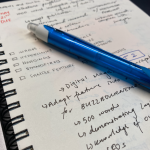Reflecting on my first year as a computer animation student, the challenges I faced forced me to rethink how I managed my time, energy, and resources. Making key adjustments improved both my academic performance and overall well-being. Here’s how I turned things around and what I learned.
If you’re a fellow student at BU and need financial advice, check out this page for helpful resources.
Fuelling Your Body and Mind: Budget-Friendly Nutrition
At the start of the year, maintaining a healthy diet was a struggle. Relying on takeout and unhealthy snacks drained my finances and left me feeling sluggish. Realizing this, I made a conscious effort to improve my nutrition in the last few months.
What I Did:
1. Sunday Meal Prep: I began preparing meals every Sunday, focusing on nutritious, easy-to-reheat options. This saved time during the week and ensured I had healthy meals ready for intense study sessions.
2. Stuck to a Weekly Food Budget: I created a grocery budget, focusing on affordable staples like rice, beans, pasta, and seasonal vegetables. Shopping with a list helped me avoid unnecessary purchases, and I tracked spending with a budgeting app. This allowed me to eat healthily without overspending.
If you’re facing financial difficulties and worried about affording food, you can access our community kitchen. More information is available here. For managing health and well-being while studying, explore BU’s resources.
Efficient Scheduling: Essential for Team Success
In computer animation, efficient scheduling is crucial for team success. Last-minute meetings can disrupt workflow. Making significant changes improved collaboration.
What I Did:
1. Scheduled Meetings in Advance: I began scheduling all meetings at least a month in advance using a shared calendar tool. This proactive approach allowed me to coordinate with teammates more effectively and reduced last-minute stress.
2. Set Weekly Collaboration Blocks: I allocated specific time slots each week for meetings and group work. This kept my individual work time uninterrupted, and our group projects ran more smoothly when everyone knew exactly when we would meet.
For academic support, including time management strategies, BU offers resources which you can find out about here.
Setting realistic goals: balancing time and energy
One of the biggest mistakes I made earlier in the year was underestimating the time and energy required for projects, leading to burnout. Realizing this, I adjusted my approach.
What I Did:
To manage projects effectively, I broke them down into manageable tasks with clear deadlines and monitored my energy levels. Scheduling demanding tasks during peak productivity times and taking short breaks helped. For more resources, explore this guide from SUBU.
Establishing a Routine: Creating Structure for Success
The lack of a structured routine early in the year led to inefficiencies and stress. To combat this, I established a routine in the last few months that brought structure to my days.
What I Did:
To improve academic performance and work-life balance, I set a daily schedule with specific times for classes, studio work, exercise, and relaxation. Consider BU’s resources for future planning.
By making these changes, I navigated my first year more effectively, and I hope these insights can help others do the same, especially those overwhelmed by the transition to university life.


 How I eat healthy and delicious food, while on a budget!
How I eat healthy and delicious food, while on a budget! Never be afraid to ask for help: my experiences with BU’s student support services
Never be afraid to ask for help: my experiences with BU’s student support services Balancing it all (part-time work, studies and a social life)
Balancing it all (part-time work, studies and a social life) Three things to focus for the month of deadlines
Three things to focus for the month of deadlines








